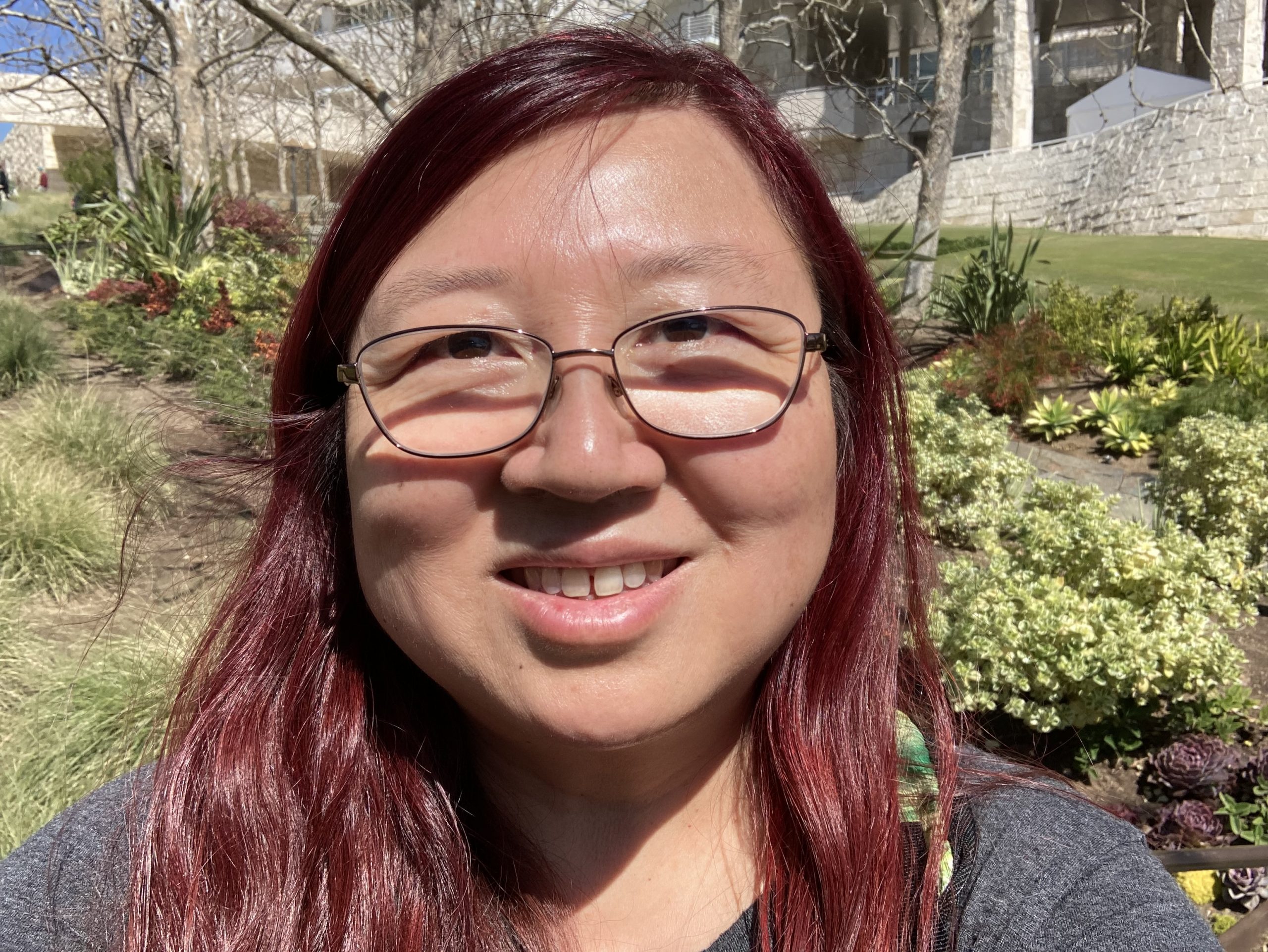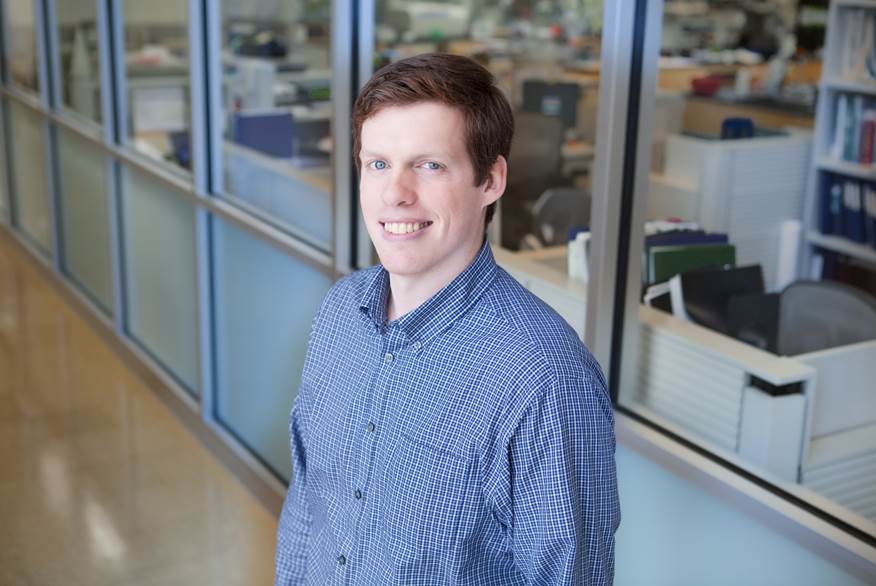Overview
Significant advancements in Artificial Intelligence (AI), including Generative AI, and the hardware and software research environment are enabling researchers to develop AI-driven research workflows (ARWs): AI and Generative AI for hypothesis generation, experimental design and monitoring, as well as data acquisition, processing and analytics. Such ARWs will not only significantly accelerate research, but also enable new research possibilities.
In January, 2023, MIDAS organized an ARW mini-symposium. Experts who are leading this trend nationwide presented their vision and effort to develop and employ ARWs. U-M faculty members and the speakers also participated in intensive research roundtable discussions on the potential of ARWs in various research domains.
This mini-symposium featured a keynote by Dr. Ian Foster (Argonne National Lab), a pioneer and national leader in advanced computing and AI for scientific discovery. U-M faculty members who have developed and embedded AI-driven components in their research workflows also showcased their ingenious work, forming the basis of faculty roundtable discussions on identifying particularly impactful ways to employ AI in the research workflows, developing plans and collaboration to build such AI-driven workflow components.
Program at a Glance


Dr. H. V. Jagadish, Edgar F Codd Distinguished University Professor of Electrical Engineering and Computer Science, Bernard A Galler Collegiate Professor of Electrical Engineering and Computer Science, Professor of Electrical Engineering and Computer Science, College of Engineering; Director of the Michigan Institute for Data and AI in Society, University of Michigan
Dr. Jing Liu, Executive Director, Michigan Institute for Data and AI in Society, University of Michigan

Dr. Ian Foster, Director, Data Science and Learning Division; Argonne Senior Scientist; Argonne National Lab. Distinguished Fellow and the Arthur Holly Compton Distinguished Service Professor, Computer Science, University of Chicago.
Dr. Ian Foster is the Director of Argonne’s Data Science and Learning Division, Argonne Senior Scientist and Distinguished Fellow and the Arthur Holly Compton Distinguished Service Professor of Computer Science at the University of Chicago. He was the Director of Argonne’s Computation Institute from 2006 to 2016.
Foster’s research contributions span high-performance computing, distributed systems, and data-driven discovery. He has published hundreds of scientific papers and eight books on these and other topics. Methods and software developed under his leadership underpin many large national and international cyberinfrastructures.
Foster received a BSc (Hons I) degree from the University of Canterbury, New Zealand, and a PhD from Imperial College, United Kingdom, both in computer science. His awards include the Global Information Infrastructure (GII) Next Generation award, the British Computer Society’s Lovelace Medal, R&D Magazine’s Innovator of the Year, the IEEE Tsutomu Kanai award, and honorary doctorates from the University of Canterbury, New Zealand and CINVESTAV, Mexico.
He is an elected Fellow of the American Association for the Advancement of Science, the Association for Computing Machinery, and British Computer Society.
“Linking Scientific Instruments and Computation: Patterns, Technologies, Experiences”
Powerful detectors at modern experimental facilities routinely collect data at multiple GB/s. Online analysis methods are needed to enable the collection of only interesting subsets of such massive data streams, such as by explicitly discarding some data elements or by directing instruments to relevant areas of experimental space. Such online analyses require methods for configuring and running high-performance distributed computing pipelines—what we call flows—linking instruments, data center computers (e.g., for analysis, simulation, AI model training), edge computing (for analysis), data stores, metadata catalogs, and high-speed networks. In this talk, I review common patterns associated with such flows, describe methods for instantiating those patterns, and present experiences with the application of these methods to the processing of data from a range of experimental facilities, each of which engages HPC resources for data inversion, machine learning model training, or other purposes. I also discuss implications of these new methods for operators and users of scientific facilities.

Dr. Tim Cernak, Assistant Professor of Medicinal Chemistry and Chemistry, University of Michigan
The Cernak Lab studies the interface of chemical synthesis and computer science. The functional and biological properties of a small molecule are encoded within structure, so synthetic strategies that access diverse structures are paramount to the invention of novel functional molecules such as biological probes, materials or pharmaceuticals. We use algorithms, robotics and big data to invent new chemical reactions, synthetic routes to natural products, and small molecule probes to answer questions in basic biology. Our lab employs informatics in reaction discovery, total synthesis, cell imaging and medicinal chemistry studies. Researchers in the group learn high-throughput experimentation, basic coding, and modern synthetic techniques. By studying the relationship of chemical synthesis to functional properties, we pursue the opportunity to positively impact human health.
“Information Rich Strategies for Chemical Synthesis”
Advancing the synthesis of small molecules is critical to the advent of new medicines, materials, and agrochemicals. Our lab has been exploring strategies in chemical synthesis – both in reaction method development and total synthesis – that leverage modern data science techniques and robotics. This presentation will share some recent results using informatics to target novel amine–acid coupling reactions, and algorithms to streamline multistep synthesis. Chemical synthesis enabled by data science techniques and automation will be a consistent theme of the research, aiming towards a future state where medicines are invented at a rapid pace.

Dr. Paul Jensen, Assistant Professor of Biomedical Engineering, University of Michigan
I trained as an engineer and microbiologist at the University of Minnesota, the University of Virginia, and Boston College. I joined the biomedical engineering faculty at Michigan to mentor students in systems microbiology, artificial intelligence, and automated science. I enjoy reading and gardening with my wife and two children.
“Lessons learned from a million automated experiments”
We developed an automated platform (called BacterAI) that learns the nutrient requirements of bacteria entirely on its own. Most importantly, our system requires no prior knowledge of the bacteria it studies; it learns using only the results of experiments it designs and executes autonomously. Our insight was to accelerate automated science by converting biology into a game. Recasting a scientific question as a puzzle makes it amenable to the powerful reinforcement learning techniques that underlie AI’s advances in gameplay. The agents in our automated system think they are simply playing a game by making moves and collecting points. The agents are unaware that each move corresponds to a scientific experiment.
One million experiments later, our team has much about planning, running, and analyzing automated experiments. This talk discusses lessons learned and open problems when running experiments in a closed loop. In short, most of the challenges we encountered were unexpected, and many of our worries were unfounded.

Dr. Charles Mayo, Professor, Director of Radiation Oncology Informatics and Analytics, University of Michigan
Dr. Mayo has over 27 years’ experience in clinical medical physics and translational research, particularly in the areas of advanced treatment planning techniques with IMRT/VMAT and in the study of normal tissue tolerances as part of the QUANTEC effort. His current interests are in the areas of health care informatics (infrastructure, standardizations, and analysis), application of statistical methods in treatment and outcomes modeling, and automation of advanced treatment planning methods. This includes enabling routine, the use of retrospective statistical models developed from prior treatment experience for all patients treated in a practice to inform decisions for subsequent patients, and extending these approaches to investigate multi-institutional experience to guide health care policy
“Clinical, Standardization and Algorithmic Pathways to Automating Discovery with EHR Data”
In Radiation Oncology we have constructed a learning health system that combines an infrastructure for automated, standards driven aggregation, integration and harmonization of electronic health records (EHR) data for all treated patients. We then developed automated statistical and artificial intelligence algorithms to distill large scale, comprehensive data to discover prognostic features for clinical outcomes. The combination of standardizations, data centric clinical practices, and automation is giving use a pathway to more evidence driven discovery.

Dr. Bing Ye, Burton L. Baker Collegiate Professor of the Life Sciences, Research Associate Dean, Research Professor, and Director of the Perrigo Undergraduate Summer Fellowship Program, University of Michigan Life Sciences Institute; Professor of Cell and Developmental Biology, University of Michigan Medical School
Dr. Bing Ye is the Burton L. Baker Collegiate Professor in the Life Sciences Institute and Department of Cell and Developmental Biology of U-M medical school. The Ye lab takes a broad, multi-disciplinary approach to study the neural basis of behavior, which includes genetics, cell biology, developmental biology, biochemistry, advanced imaging, electrophysiology, computation and behavioral studies. They also investigate how defects in neuronal development lead to brain disorders, including those in Down syndrome.
“AI-based behavioral analysis for preclinical and clinical research”
lunch provided, pre-registration highly recommended.
This session is for faculty members who want to develop AI-driven research workflows. We will hear more about the work of the Argonne National Lab team, and discuss our opportunities and challenges.
Organizer

Dr. Jing Liu
Executive Director
Michigan Institute for Data and AI in Society
Questions?
Message the MIDAS team: [email protected].
